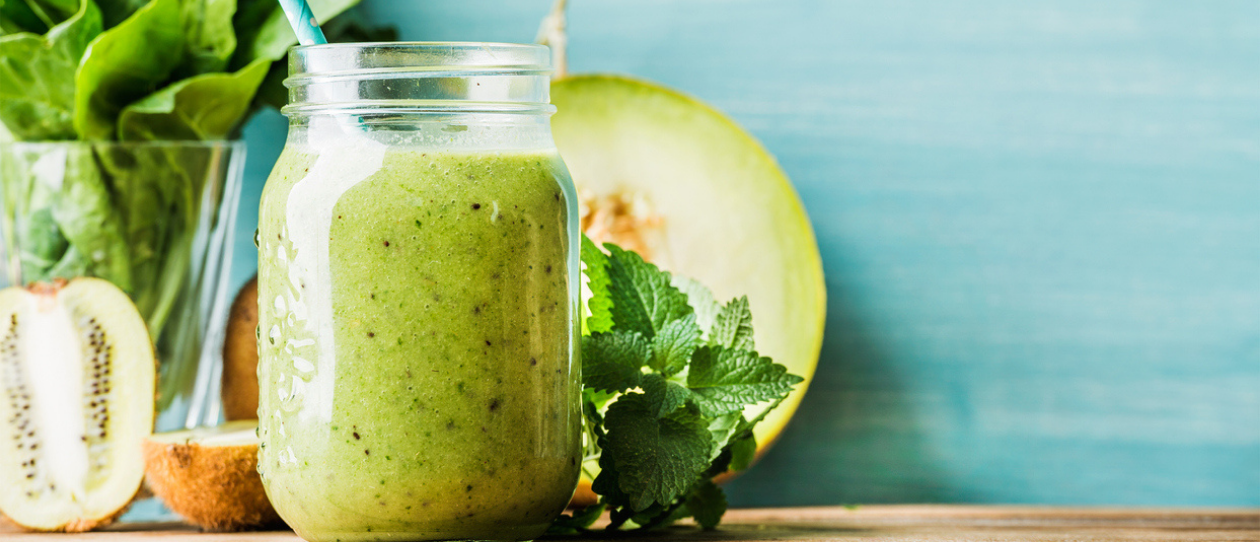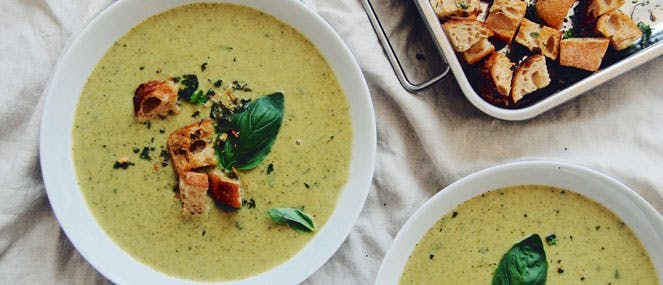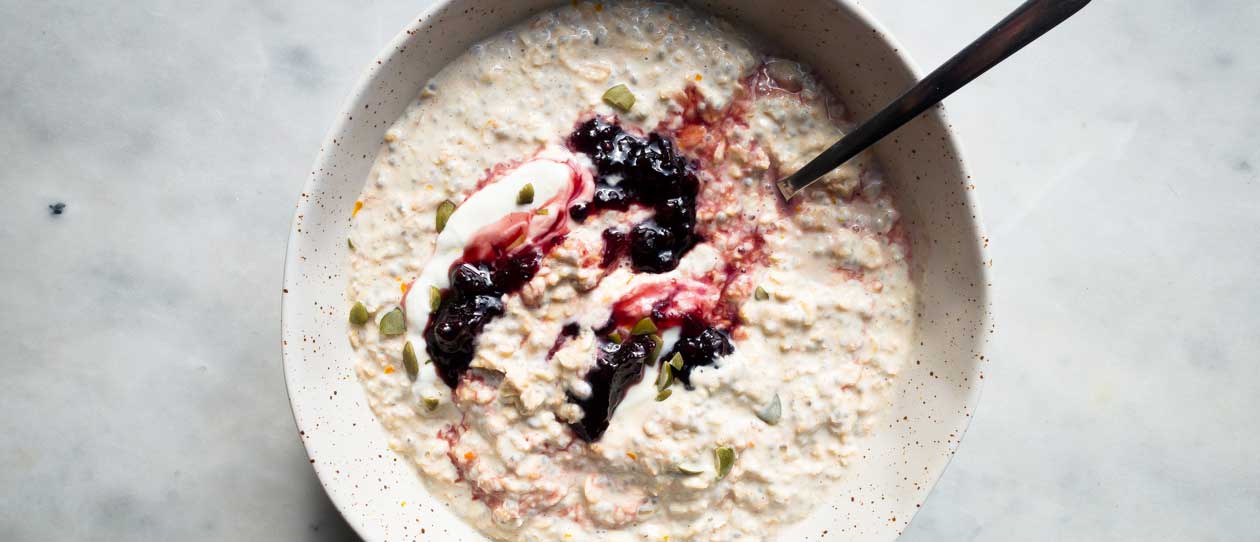Your immune system is designed to defend your body against infection, but not only is it always changing, it can be impacted by lifestyle too.
Can stress affect the immune system?
Yes! And not in a helpful way. In fact, stress has an important and really interesting effect on the immune system. In a nutshell, research shows that when you’re under stress, you’re more likely to catch a cold and develop symptoms when you’re exposed to a cold-causing virus.
Does age impact immune health?
The answer to this is also yes. Part of the ageing process means that the immune system is impacted the older we get. There are a few different reasons why, but the good news is there are things you can do to support your immune health.
Can you tell if your immune system needs support?
While feeling stressed out could be a warning sign that your immune system is in need of some extra support, other indicators that you could do with some support include:
Tiredness
Lethargy
Common colds
Sore throats
Three ways to support your immune system
Adopt some immune-supporting habits. In simple terms, this means:
Eating well. As far as supporting your immune system is concerned, research continues to show that a plant-based diet supports immune system health. As the name suggests, plant- based eating means making sure that most of the foods you eat are from plant sources, like fruits, vegetables, wholegrains, legumes, nuts and seeds, while including only smaller amounts of animal products if you choose to eat them.
Sleeping well. On top of being restorative for the body and helping us to wake up feeling re-energised, studies have shown that sleep deprivation has a negative effect on the immune system. So getting a good night's sleep is beneficial for supporting and maintaining your immune system health
Exercising regularly. On its own, this can almost reduce your risk of catching a cold during the months of the year when it’s traditionally more likely you’ll get sick, thanks to the way physical activity supports the immune system.
Try some immune-supporting nutrients and herbs. Some choices you could consider include:
Vitamin C:Vitamin C can help to support the body’s immune system while helping to protect it from free radical damage.
Vitamin A: This helps to maintain the health of epithelial cells, which line many surfaces within the body, including the nose and mouth and are part of our body’s immune defence system.
Vitamin E: Like vitamin C, vitamin E is a potent antioxidant.
Zinc: Involved in the development and activation of important immune-system cells.
Echinacea: This may also have a role in supporting immune health. Some research has shown that, like zinc, echinacea has a positive effect on important cells in the immune system.
Andrographis paniculate:Another herb, Andrographis has been shown to reduce the severity of the common cold. Andrographis is also a helpful herb to take to support the immune system.
Probiotics: Good gut bacteria are important to support immune health. Probiotics can help maintain normal gut bacteria and immune system health.
More ways to support your immune system health. As well as taking steps to stress less, it also pays to avoid drinking too much alcohol, which can negatively impact two different aspects of the immune system.
Smoking has an impact on immune system health, too, leading to a greater susceptibility to infections and longer-lasting symptoms. So if you smoke, try quitting. And finally, make the effort to reach your RDI of vitamin D to best support your immune health.
if you have symptoms relating to COVID-19, seek health advice about getting tested






